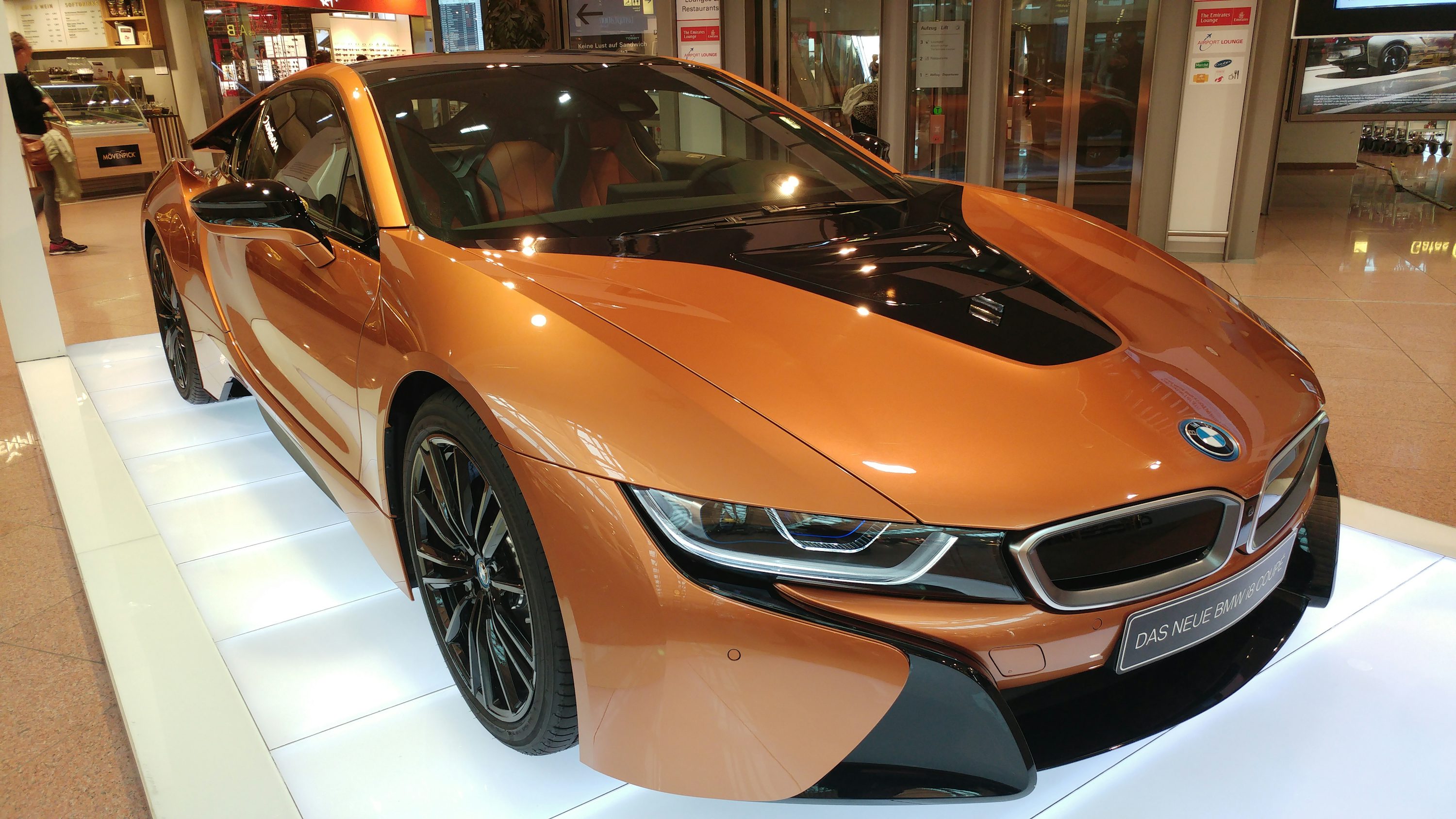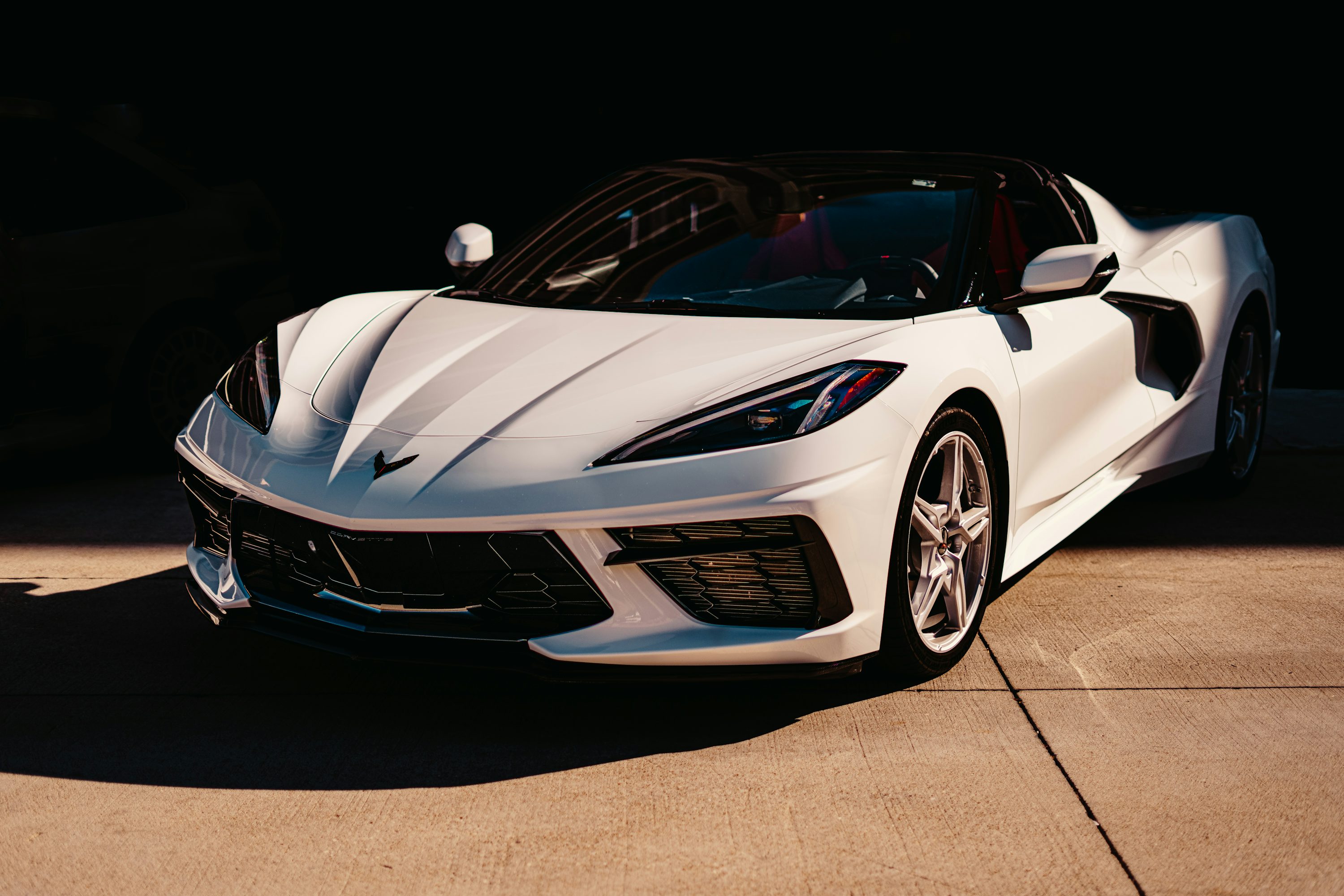- Identifying Best Cars for Different Needs
- Finding Your Top Choice Today
- FAQ
Wondering which car is truly the best? Forget one-size-fits-all! The perfect ride is waiting for you. It's molded around your unique life. Let's find your ideal car today.
Unpacking What the Best Car Means
The idea of the "best car" is different for everyone. There isn't one car that works for all people. What makes a car great for your friend might not fit you at all. Think about your daily life. Do you drive alone to work? Or do you pick up kids every day? Maybe you need to carry lots of sports gear or deliver goods. Your perfect car should match your specific needs. It could be about saving money, feeling safe, or just being simple to drive. Let's explore how to find your best car.
Factors That Define Best Car
When you look for a new car, some things are important for everyone. These are the main parts that help you decide if a car is good for you.
Budget: A good car should fit your money plan. This means not just the price to buy it. Also think about how much it costs to run. This includes gas, repairs, and insurance. Make sure the total cost makes sense for your wallet. Whether it's 50,000 AED/SAR or 200,000 AED/SAR, it needs to fit your budget comfortably. Don't forget long-term expenses in your car budget.
Reliability: You want a car that starts every time. A reliable car won't break down often. It means fewer trips to the car repair shop. Look for brands known for building strong, dependable vehicles. Check if other owners report many problems or not. A vehicle with good reliability saves you stress and money in the long run. It's a key part of smart car ownership.
Safety Features: Your safety is super important. Modern cars have many cool safety parts. Look for things like airbags all around the car. Automatic braking systems can stop your car if you don't react fast enough. Lane keeping assist helps you stay in your lane. These advanced safety features protect you and your family on the road.
Fuel Efficiency: How much gas does it drink? A car that uses less fuel saves you money every week. It's also better for our planet. Think about your daily commute. If you drive a lot, good fuel economy is a big deal. High efficiency means fewer stops at the gas station, saving you funds on a regular basis.
Practical Needs: This is about how the car fits your daily life. Do you need room for groceries or sports equipment? How many people usually ride with you? Is the car comfortable for long drives? Does it have the tech you like, like a good navigation system or easy phone connection? Your practical needs make a car truly useful for you. This includes cargo space, passenger room, and interior comfort.
If you don't think about these points, you might pick a car that causes problems later. You could end up with a car that costs too much to run. Or it might not have enough space for your family. Before you start looking, write down what matters most to you. This list will help you find the right car and not get sidetracked by flashy models. It helps narrow down your car choices.
Identifying Best Cars for Different Needs
The car world is always changing. In 2025, electric cars are becoming very popular. This means there are even more choices for drivers. The car that's best depends a lot on your lifestyle. We've put popular cars into groups based on what people often need. This helps you see which type might be right for you.
Fuel-Efficient Choices:Eco-Friendly Best Picks
If your main goal is to save money on fuel and be kind to the environment, then electric or hybrid cars are often the best choices. These cars use less gas, or no gas at all. They can save you a lot of money on fuel costs over time. Plus, they often have quiet, smooth rides.
Electric Vehicles (EVs): These cars run only on electricity. You charge them at home or at public charging stations. They produce zero exhaust emissions. This makes them super eco-friendly. Running costs can be low, especially if you charge at off-peak electricity times. Many new electric car options are now available.
Hybrid Vehicles: These cars mix a traditional gas engine with an electric motor. The electric motor helps save fuel. Some hybrids can drive short distances on electric power alone, making them quite efficient.
Plug-in Hybrid Electric Vehicles (PHEVs): These are like regular hybrids but with a bigger battery. You can plug them in to charge. They can drive longer distances on electricity before the gas engine kicks in, offering great flexibility.
Compact Cars: Many smaller cars are designed to be very fuel efficient. They are great for city driving. They are easy to park and navigate tight streets. These compact vehicles offer excellent fuel economy.
City-Friendly Models: These cars are built for urban life. They often have high energy ratings. This means they get excellent mileage in stop-and-go traffic. They are designed to be nimble and economical for daily city trips.
Spacious Options:Best Family Cars
When you have a family, space is key. You need room for kids, strollers, sports gear, and weekly groceries. Family cars are designed to be roomy. They also come with lots of safety features to protect everyone inside.
Larger Body Styles: Think about SUVs or minivans. These cars offer much more space inside. They have comfortable seating for many people. You'll find plenty of cargo room in the back, too. This is perfect for road trips or big shopping runs. Some sedans also offer generous trunk space.
Advanced Safety Tech: Family cars often include smart safety systems. They might have automatic emergency braking, blind-spot monitoring, or rear cross-traffic alerts. These tools help prevent accidents. They give parents more peace of mind, making the car safer for everyone.
Simple Infotainment Systems: While complex tech is fun, easy-to-use systems are better for families. Simple controls for music or navigation mean less distraction for the driver. Some models even have entertainment screens for back-seat passengers to keep them happy on longer journeys.
Durable Interiors: Look for materials that are easy to clean. Kids can make a mess! Some family cars have tough fabrics or surfaces that wipe clean easily. This helps keep the interior looking good for longer.
High-Value But Budget Best Buys
If money is tight, you can still find great cars. Affordable "best buys" focus on giving you good value. This means you save money without losing too much on quality or basic needs. It's about smart spending, not just buying the cheapest option.
Used or Entry-Level Models: Buying a pre-owned car can save you a lot of money upfront. Many used cars are still in great shape. They offer solid reliability for a lower price. Entry-level new cars also provide good value. They have basic features but are dependable and easy to maintain. Look for models a few years old with low kilometers. Used cars can be a very smart choice for a budget car.
Models with Low Insurance Rates: Car insurance can be expensive. Some cars cost less to insure because they are safer or less likely to be stolen. Always check insurance quotes before you buy. This can save you hundreds of AED/SAR per year, making your car ownership more affordable.
Low Maintenance Costs: Some cars are known for being cheap to fix. Parts are easy to find and not too expensive. This saves you money in the long run. Research common repair costs for any model you consider. A car with low maintenance is a true budget saver.
Good Fuel Economy: Even if you're not getting an EV, good gas mileage is still a budget helper. A car that sips fuel will keep your running costs down.
Slow Depreciation: Some cars hold their value better over time. This means when you sell it later, you get more money back. This is a smart financial move for budget buyers, ensuring better long-term value.
Quick Comparison of Best Car Categories
This table helps you quickly see how the idea of the "best car" changes. It depends on what you need most.
Lifestyle Need | Typical Best Car Type | Key Features |
|---|---|---|
Efficient drives | Electric or hybrid vehicles | Low fuel use, zero emissions |
Family focus | Large vehicles with space | Safety tech, cabin room |
Budget-conscious | Compact or pre-owned models | Cheap upkeep, basic features |
As you can see, what makes a car "best" truly shifts. It's all about your personal priorities and daily driving habits. Your perfect vehicle depends on your unique situation.
Finding Your Top Choice Today
So, how do you pick that perfect car? It might seem hard with so many choices. But if you follow some easy steps, you can avoid feeling lost. These steps help you find a car that truly fits your life.
Steps to Discover Your Best Car
Here are the clear steps to help you find your ideal vehicle:
List Your Key Needs: Before you even look at a car, make a list. What do you need it for?
Is it for your daily drive to work?
Do you need space for car seats or luggage?
Will you use it for long trips or just short city drives?
Do you prefer manual or automatic transmission?
Are there specific features you can't live without, like Apple CarPlay or parking sensors? Thinking about these things first will save you time later and narrow your car choices.
Set a Price Range: Be clear about how much money you can spend. This includes not just the price of the car itself. Also think about:
Registration fees
Insurance costs (which can be a surprise!)
Expected fuel costs
Regular car maintenance and service costs Stick to your budget. It helps you stay realistic and avoid financial stress. Your true budget includes all costs of car ownership.
Read Reviews: Once you have a few models in mind, dig into what others are saying. Look at professional car reviews from trusted websites. Also, check out what current owners think. User reviews can give you real-world insights into a car's strengths and weaknesses. Look for comments on reliability, comfort, and common problems. This research is vital.
Test Drive: This is a must-do step! Never buy a car without driving it first.
Drive it on roads similar to your daily commute – city streets, highways, parking lots.
Check how it handles bumps and turns.
Pay attention to how comfortable the seats are.
Test out the controls:Are they easy to reach?
Make sure you can see well out of all windows.
Test the brakes and acceleration. A proper car test drive reveals a lot.
By 2025, many people use online tools to shop for cars. You can browse huge inventories from car dealers right from your couch. Some dealerships even offer virtual tours or home test drives. This makes shopping for your dream car easier than ever. You can find your best car without leaving your home first.
Avoiding Common Pitfalls
Finding the best car is a big decision. Make sure you don't fall into common traps.
Don't Rush: Take your time. Don't feel pressured by a salesperson or a supposed "limited time offer." A car is a big investment. Think carefully. Rushing leads to bad car choices.
Popularity Isn't Everything: Just because a car is popular doesn't mean it's right for you. Your friend might love their new SUV, but maybe you need a fuel-efficient sedan for your long daily commute. Focus on your needs, not what everyone else is buying. Your car should fit you.
Look Beyond the New Car Shine: A brand new car looks great. But consider its long-term value. Will it hold its value well? What are the car service costs like in a few years? Think about future car maintenance.
Trends are Good, But Know Yourself: Electric cars are exciting and offer many benefits. But if you live in an apartment with no charging point nearby, an EV might not be practical for you right now. Always think about how new trends fit your actual lifestyle and access to services. Your "best car" should serve you well not just today, but for years to come.
FAQ
Q:How do I know what the best car is for me?
A:Consider your budget, daily use, and must-have features. Test drive options and read guides to match your needs without overcomplicating it. Your choices should reflect your lifestyle.
Q:Are electric cars the best choice now?
A:They can be great for low fuel costs and eco-friendliness, but they might not suit everyone. Weigh factors like charging access against other features to decide. Charging infrastructure is important for electric vehicles.
Q:What defines a reliable best car?
A:Look for models with a history of few problems and easy repairs. Opinions and basic reliability tests help identify these without needing deep tech knowledge. A reliable car saves you stress and money.
Read More:
How Big Is the VW Tiguan? A Full Guide to Its Space and Practicality
How Much Is a 2025 Volkswagen Tiguan? Your Gulf Region Pricing Guide
Where Is the Volkswagen Tiguan Made? Your Global Factory Guide












